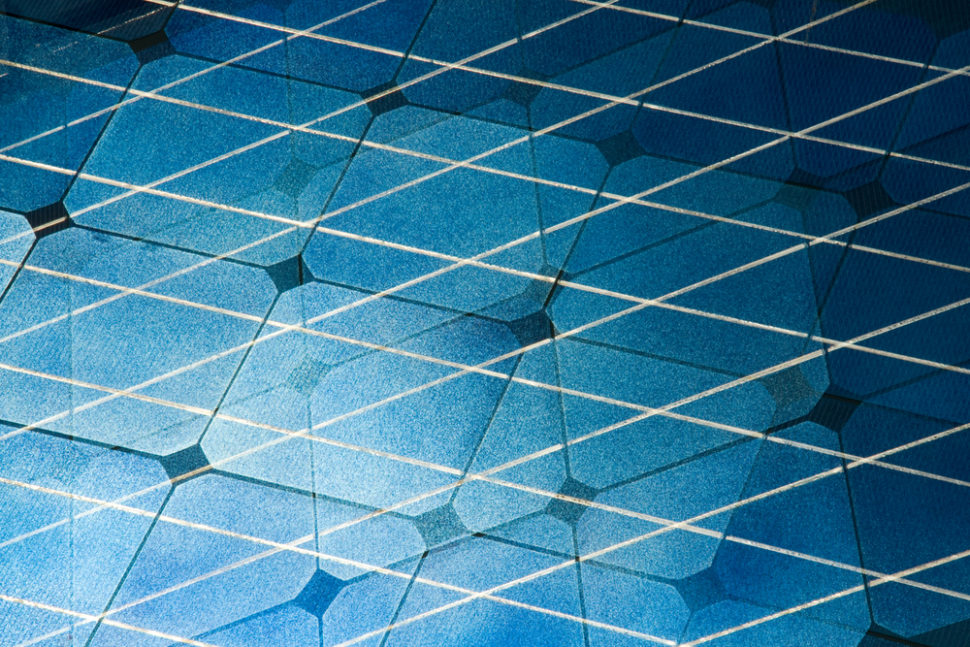Although silicon solar cells may be the leader of the pack today, organic solar cells are set to be the cell of the future.
I’m sure you’re familiar with the concept of solar energy, but not the variations of different cell types and production materials.
In short, there are two main types of solar cells — silicon and organic. Due to their efficiency, silicon solar cells made up the majority up until now.
A new study suggests that organic solar cells may become more popular soon.
An Efficiency Difference Favoring Silicon Cells
The key difference between the two energy cell types involves more than just materials.
Silicon cells absorb energy differently due to their molecular structure. Since organic materials generally have more loosely bound molecular structures, they trap electrons. This slows down electricity generation which, in turn, affects power output.
For reference: most commercial level solar photovoltaics convert around 15 – 22% of absorbed sunlight into power. The world record for silicon cells is 27.3% so far, but organics usually only convert about half this rate.
However, new tests showed organic cells reaching 15% conversion rates. The new study reached 17% with the research team claiming it could reach up to 25%.
This led researchers to the create something new known as tandem cells.
As you may surmise, tandem cells utilize two devices that absorb different light wavelengths. This gives you the option of generating more current more efficiently.

Ready for Commercial Production in Five Years or Fewer
Despite the struggles to prove their viability, this new wave of organic photovoltaics (OPV) may come to commercial production sooner rather than later.
Dr. Yongsheng Chen spoke with the BBC, comparing OPV to OLED technology: “The physical principle is the same, just a different direction, one is from solar to electricity, the other from electricity to light, the device and structure are similar.”
These cells will likely be printed, flexible, semi-transparent solar cells. They can be used indoors or even incorporated into windows in order to create power in daylight.
This has practical applications in office or industrial building construction as OPVs will be lighter than traditional silicon photovoltaics. They could also be used on car roofs or, potentially, in clothing and smartphones, as well.
In tandem with the new funneling system, solar cells may soon become the world’s preferred energy source very soon.



















GETTING YOUR LOST FUND RECOVERED.
I was able to get my funds recovered with the help of a recovery expert named Jeff Silbert and he helped and assisted me withdraw all my funds in full just with little effort. Contact him now if you need get his help WhatsApp. + 84 94 767 1524 Ema!l jeffsilbert39 gma!l. com.